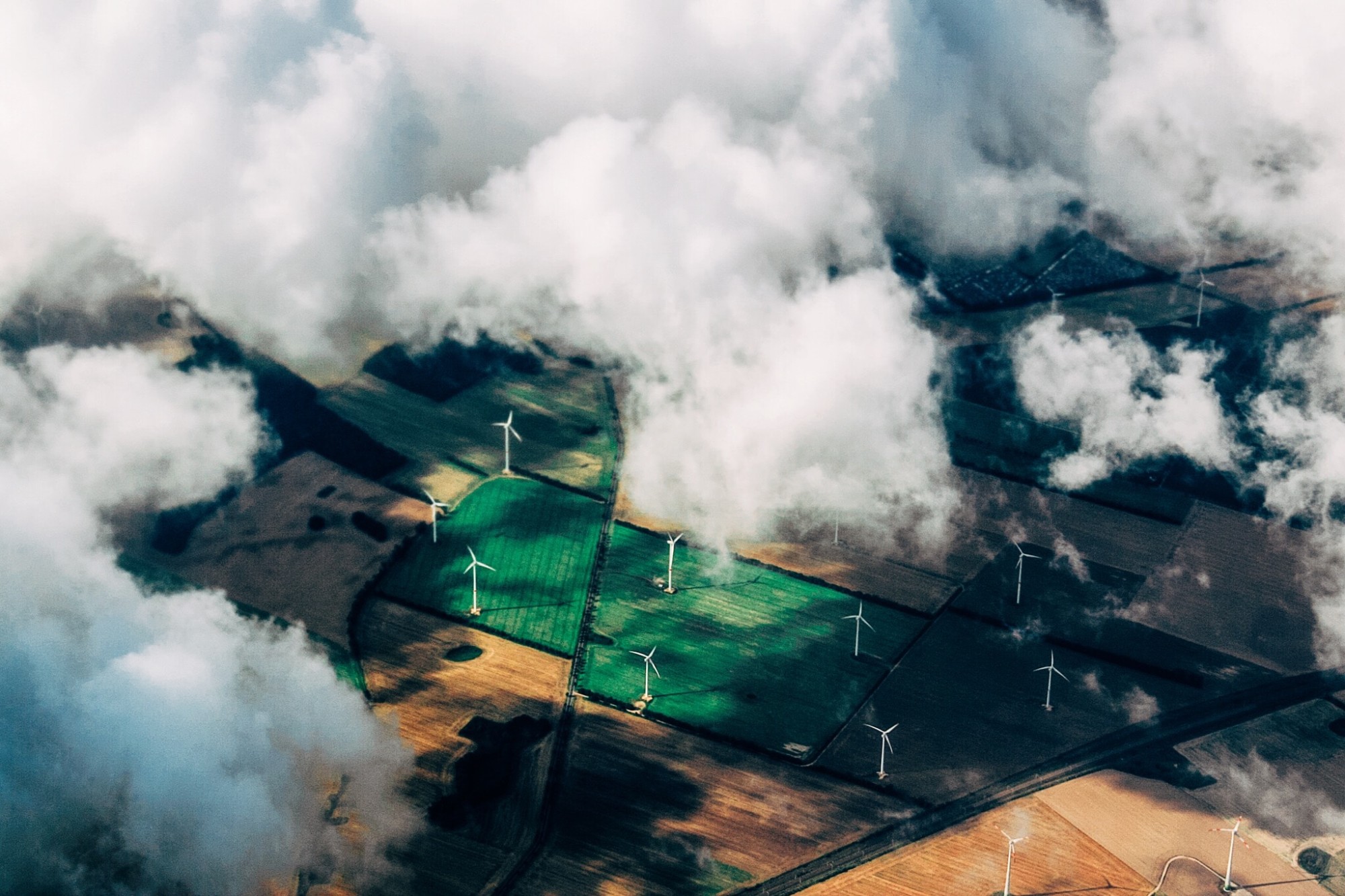In December 2023, the AXA Research Fund selected seven research projects on renewable energies to advance scientific knowledge and inform decision-making to build a more sustainable and inclusive transition.
The Scientific Board of the AXA Research Fund has selected seven innovative research projects that will help understand and address the environmental and socio-economic challenges facing renewable energies to insure a fair, sustainable and inclusive transition.
The post-doctoral Fellows from leading universities in Spain, the UK, Australia, and France, will study the impact of renewable energy on biodiversity, rare-earth-free permanent magnets for renewable energy, geothermal energy from young volcanic areas, solar agriculture, hydrogen production from agroindustry waste, sustainable recycling of critical commercial waste, and ensuring a sustainable and fair transition for vulnerable populations.
The new Fellows will join a community of over 700 AXA-supported researchers working to improve the understanding and management of major societal risks.
Discover the seven selected research projects:
1. Green-Hydrogen from Agroindustry Waste
Aida María DÍEZ SARABIA, University of Vigo, Spain
The Dr. Díez Sarabia's project aims to generate hydrogen as a green and renewable energy source by using agroindustry wastes as raw materials for the synthesis of catalysts for water splitting, promoting a circular economy approach and reducing the environmental impact of waste.
2. Agrivoltaics: Renewable Energy and Increased Crop Yields
Chloé DINDAULT, University of Bordeaux, France
The aim of Dr. Dindault project is to combine agriculture and photovoltaics to increase land productivity, reduce environmental impact and water consumption, and generate locally produced renewable energy using organic photovoltaics (OPV) panels on greenhouses.
3. Exploring Geothermal Energy in Young European Volcanic Areas
Ekeabino Momoh, Universite Toulouse III -Paul Sabatier, France
Dr. Momoh's research aims to explore the potential of geothermal energy as a clean, renewable source of power in continental Europe, with a focus on understanding the underlying cause of volcanism and high heat flow in areas with sustained but slow volcanic output.
4. Impact of Renewable Energy Transition for Indigenous Communities in Chile
Evelyn Uribe, University of Glasgow, United Kingdom
Dr. Uribe's project seeks to understand the impact of Chile's renewable energy and lithium exploitation strategies on human rights and Indigenous communities by examining public policy design, companies' implementation, and Indigenous communities' perceptions.
5. Rare-Earth-Free Magnets Addressing the Critical Minerals Supply Challenges
Hansheng CHEN, The University of Sydney, Australia
The project of Dr. Chen aims to formulate a materials design pathway for high-performance, rare-earth-free permanent magnets using additive manufacturing for application in key areas like wind turbines and electric vehicles towards achieving electrification revolution and net-zero.
6. Regeneration of critical and rare elements from batteries and electronic devices via electrochemical recycling
Haytham HUSSEIN, University of Nottingham, United Kingdom
Dr. Hussein's project aims to develop a sustainable recycling route for elements recovery from batteries and electronic waste for further reuse, utilising tailored green solvents and an innovative experimental approach based on a flow electrochemical cell and synthetic diamond.
7. Assessing Onshore Wind Farm Impacts on Ecosystem Functions
Henry HÄKKINEN, Zoological Society of London (University College London), United Kingdom
Dr. Häkkinen's project investigates how onshore wind farms, a significant source of renewable energy, can affect ecosystem functions on a local and landscape level, and provides recommendations for assessing and mitigating risk in key habitats.
January 11th, 2024
Photo credits: Unsplash, Thomas Richter.



